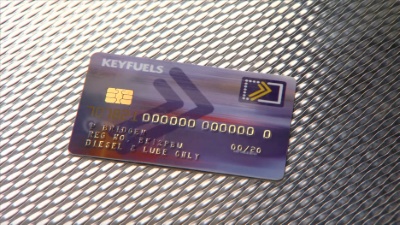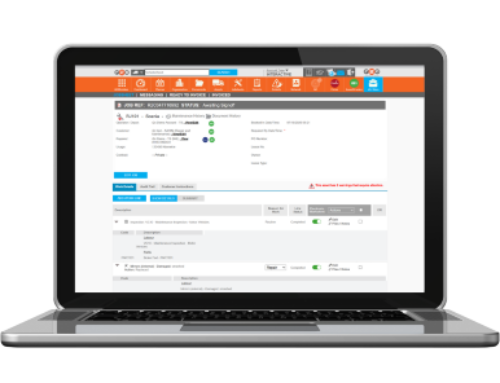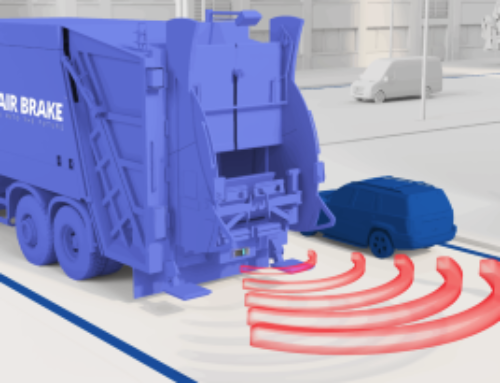Corpay outlines route to reducing pressure on hauliers
 Corpay, the fuelling payment solutions specialist responsible for the Keyfuels and Allstar brands, has highlighted a range of means by which it says the government could assist struggling hauliers, as well as offering its perspective on how fleets can help protect themselves from volatility in the meantime.
Corpay, the fuelling payment solutions specialist responsible for the Keyfuels and Allstar brands, has highlighted a range of means by which it says the government could assist struggling hauliers, as well as offering its perspective on how fleets can help protect themselves from volatility in the meantime.
Commenting prior to the Autumn Budget, Paul Holland, managing director for UK/ANZ Fleet at Corpay, warned that the logistics and haulage sector was facing significant pressures, from rising fuel costs to the unpredictable economic environment, and advocated a number of ways in which the government could help ease the burden.
“To remain competitive, these companies need tangible support,” he warned, arguing that changes to fuel duty could place “an immense financial strain” on hauliers.
“Rather than blanket rises in fuel duty, there should be consideration of a targeted support system for businesses that rely heavily on fuel,” he continued.
“Fuel duty rebates for essential logistics providers, or a tiered system where the size of the fleet or annual mileage could be taken into account, would allow the government to meet its environmental targets while supporting businesses that are essential to the UK economy.
“Moreover, an incentivised fuel efficiency scheme could be introduced to reward companies that invest in more efficient vehicles or adopt practices that reduce fuel consumption, such as adopting New Zealand’s approach of allowing drivers to pay in advance depending on their mileage, could ensure that the green agenda continues without disproportionately penalising essential sectors.”
The haulage industry is highly sensitive to broader economic trends, he argued: in periods of economic downturn, a reduced demand for goods leads to lower volumes of freight being transported, which forces companies to downsize their fleets and reduce staffing.
“This cyclical nature means that when the economy eventually improves, companies that have downsized may not have the capacity to meet the surge in demand, leading to inefficiencies and lost opportunities.
“In the face of economic uncertainty, what HGV operators need most is flexibility. There should be measures that allow haulage firms to scale their operations more easily during periods of fluctuating demand.
“For example, tax relief or grants could be offered to companies that invest in temporary storage facilities or partnerships with other logistics providers. This would allow businesses to downsize their fleets without losing the ability to meet future demand when the economy recovers.
“Furthermore, the government could introduce a ‘haulage recovery fund’ for smaller operators that may struggle during downturns, allowing them to maintain a minimal level of operation and avoid closure during tough times.”
He continued: “Relief from potential rising fuel duty, significant help with transitioning to electric or hydrogen fuelled HGVs, and mechanisms to cushion businesses against economic volatility are all vital steps that will allow HGV fleets to continue operating efficiently and sustainably.
“Until that happens, there are methods to significantly save on the everyday costs of running a vehicle fleet.
“Fuel cards are and always will be one of the best ways to reduce one of the most significant daily costs. They are no longer just a method to pay at the pump, but sophisticated digital ecosystems built around the needs of drivers and fleets that make it possible to not only save on diesel but reduce administrative costs.
“No matter how the political situation during the next few years plays out, your fleet will be better served with the right tools backing it.”












